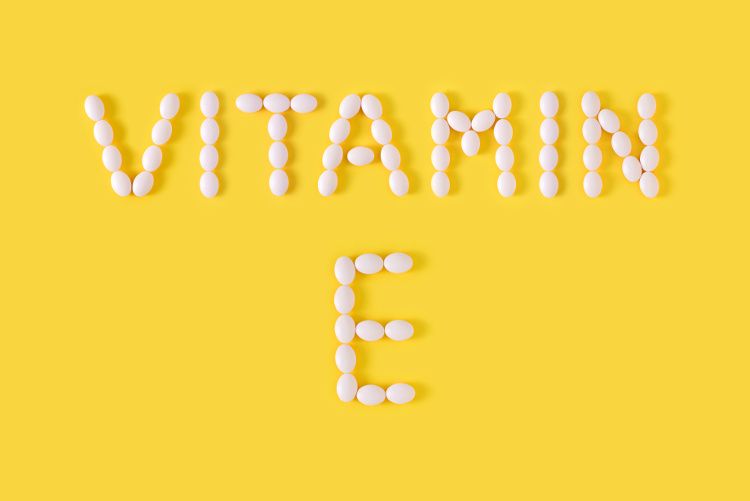Meta-analysis found that tocotrienol supplementation may support HbA1c levels in people with type 2 diabetes
Results showed that supplementation had a significant reduction in HbA1c, especially at higher doses between 250 and 400 mg.
Photo © AdobeStock.com/evso

A recent meta-analysis1 of 10 studies found that supplementation with tocotrienol-rich fraction (TFR) may reduce HbA1c in subjects with type 2 diabetes mellitus (T2DM). The systemic review and meta-analysis examined the changes in HbA1c (glycated hemoglobin), blood pressure, and serum Hs-CRP (C-reactive protein high sensitivity) levels following supplementation with TFR.
Out of the 10 studies, eight of them reported the effects of tocotrienols on HbA1c. These studies comprised 754 subjects. Results showed that supplementation had a significant reduction in HbA1c. In subgroup analyses, researchers determined that TRF supplementation significantly reduced HbA1c in studies where the intervention duration was less that six months, and where the duration of diabetes in patients was less than 10 years. Sensitivity analysis showed that subjects with higher HbA1c at baseline saw a greater reduction of HbA1c following intervention when compared to subjects with lower HbA1c at baseline. Researchers also determined that the effects on HbA1c were most significant when higher doses of TRF between 250 and 400 mg were taken.
Reductions in systolic blood pressure following TRF supplementation was found to be non-significant, and no effect was found on diastolic blood pressure. The researchers state that this may be due to the heterogeneity of the duration of diabetes in the studies. The majority of the studies had patients with longer diabetes duration of 16-18 years, as opposed to 3-9 years in two of the studies. Sub group analyses revealed that there was a higher nonsignificant reduction in systolic blood pressure when the duration of diabetes was less than 10 years. No substantive evidence was found on the anti-inflammatory and anti-oxidative stress effects of tocotrienols.
“This review provided insight into the potential value of Palm TRF in the development of effective dietary supplements for people with T2DM, especially in reducing HbA1c,” said Ariati Aris, PhD, scientific affairs specialist at PhytoGaia, in a press release. PhytoGaia develops and supplies a full spectrum tocotrienol/tocopherol complex called TocoGaia.
“Tocotrienols, also known as ‘the Super Vitamin E,’ are potent antioxidants with a myriad of cardiometabolic health benefits. They contribute to improving our overall health and well-being,” explains Bryan See, vice president of PhytoGaia, in a press release. “TocoGaia – a full spectrum of tocotrienols/tocopherol complex naturally extracted from palm fruits – could potentially serve as an additional solution that may help patients with T2DM. We look forward to engaging and working with brand owners to facilitate the development of science-driven cardiometabolic products utilizing TocoGaia.”
Reference
- Phang, S.C.W.; Ahmad, B.; Kadir, K.A.; Palanisamy, U.D.M. Effects of Tocotrienol-Rich Fraction Supplementation in Patients with Type 2 Diabetes: A Systematic Review and Meta-Analysis of Randomized Controlled Trials. Advanced in Nutrition. 2023, Article ASAP. DOI: 10.1016/j.advnut.2023.06.006 (Accessed 2023-8-7)







